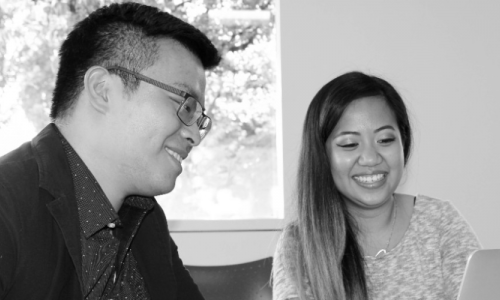
How accurate are you in predicting what a person’s career would be based on what they majored in university?
Below is a list of some of my close friends’ careers. Can you guess what their university majors were? Take the quiz below, match the job title to the university major:
*See the bottom of this post for the answers.

So how well did you do? I bet there were some surprises. This short little quiz demonstrates that your career path does not have to be dictated by what you majored in during university. Try this exercise yourself and ask your friends or family members what their majors were, and compare it to what they are doing now. I am sure you will find that it is not all that you sometimes expect.
Your career choice does not have to be limited by your major. Think about the skills you acquired through your university major that can be applied to other careers. Think outside the box.
Besides, a career path is seldom linear. Rather, it changes and evolves with your life. Our interests, priorities, life circumstances, and values change over time, and they will all have an impact on our career choices. Embrace new opportunities. Be a lifelong learner. If you have not found your passion, continue searching.
If you are stuck thinking about what you can do with your major, talk to a Career Advisor to explore your career options.
You may be surprised to learn that there are a lot more things that you can do with your degree than you used to think.
Answers: 1(g), 2(b), 3(c), 4(a), 5(h), 6(d), 7(i), 8(j), 9(f), 10(e)

















